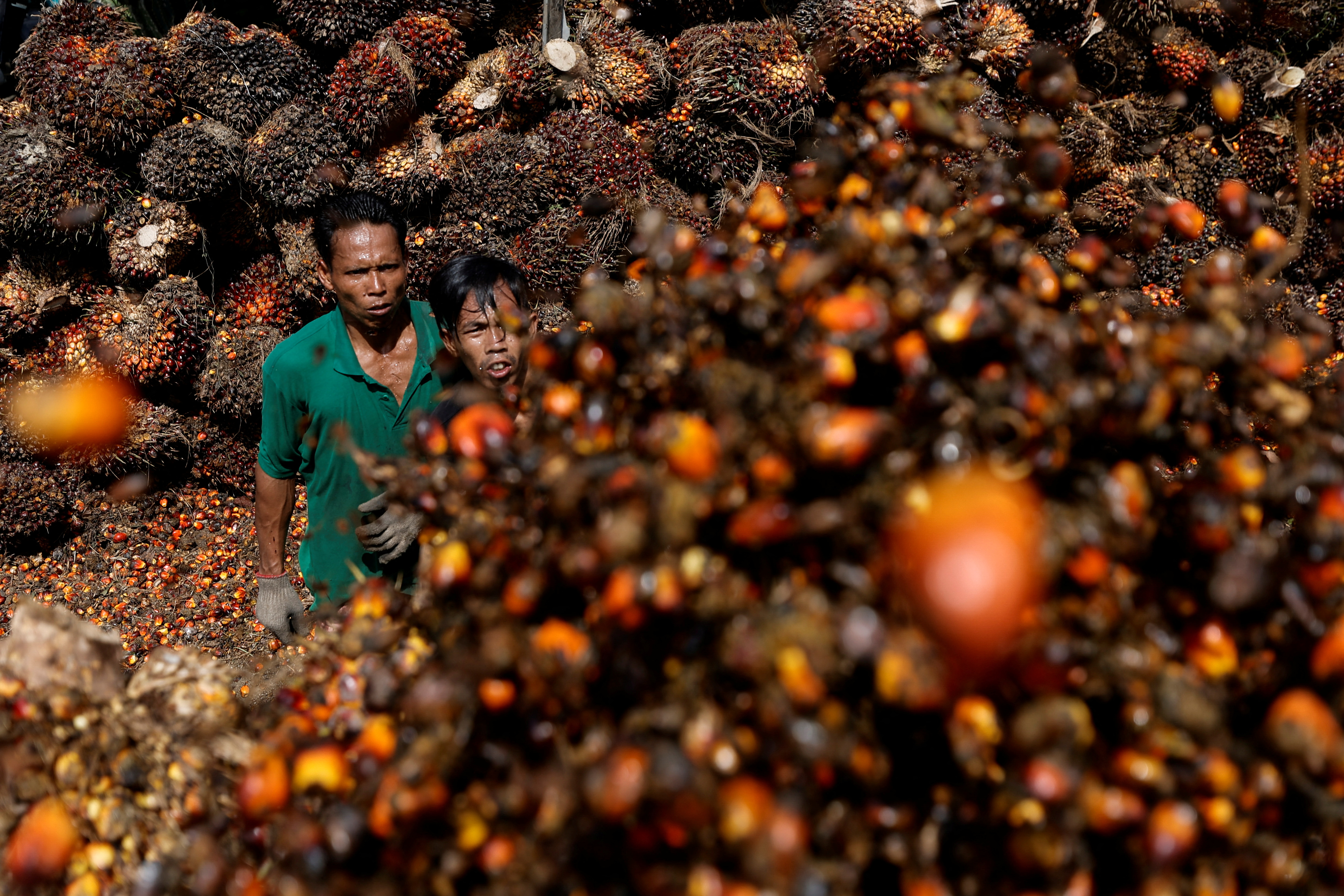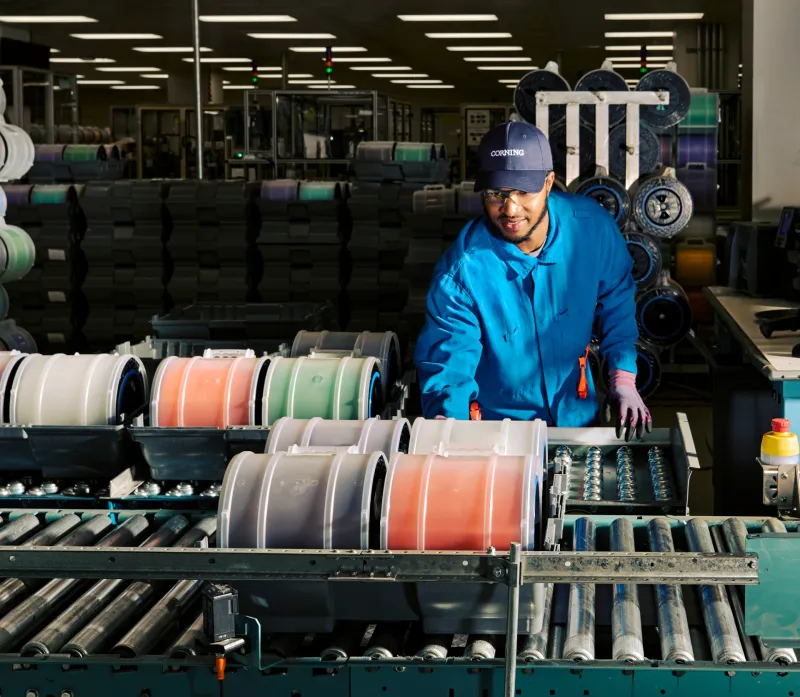Palm oil can be found in countless products in supermarkets around the world. Producing it involves clearing huge areas of rainforest. But there are more sustainable methods and alternatives. The unchecked expansion of oil palm plantations poses a threat to the climate, biodiversity, and the habitats of many animal species. Among the alternative options to palm oil is an innovative idea from Germany. Ludovic Gerboin was frustrated by a problem that plagues him and many bakers: the amount of unsold, leftover bread at the end of every day. By chance, he met Thomas Brück, a professor of synthetic biotechnology at the Technical University of Munich who was working on creating a palm oil substitute.

Related article - Condensed

Out of their partnership came a new alternative: yeast oil, produced from roasting, shredding, and fermenting stale bread. Thomas Brück says his yeast oil has a longer life than palm oil and can be reused up to 60 times. Sulastri Rahmawati's oil palm plantation on the Indonesian part of the island of Borneo enables her to feed her family of six. She's one of millions of people around the world who are dependent on the plant. Oil palm trees boast an enormous yield that meets the growing demand for vegetable fats. Rahmawati and her cooperative started growing oil palms 20 years ago. This used to mean deforestation, pesticides, and synthetic fertilizers. Now, however, they're committed to sustainable production and taking social responsibility. But even sustainable oil palm production leads to huge amounts of harvest waste. Together with partners in Thailand, German entrepreneur Markus Matuschka has devised a way of making a new raw material from oil palm fruit that can provide a substitute for timber and paper.
DW Documentary.



